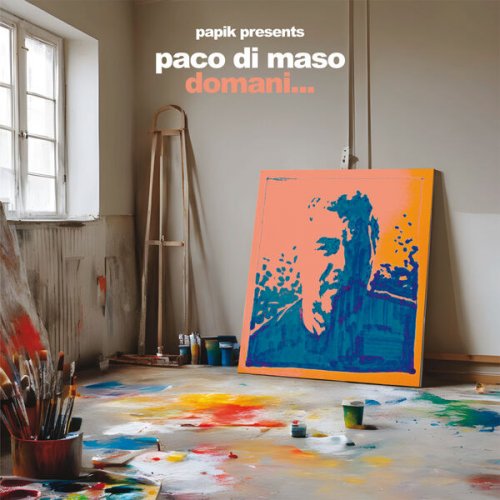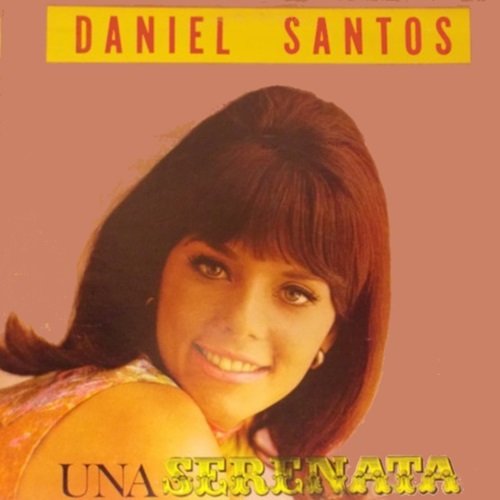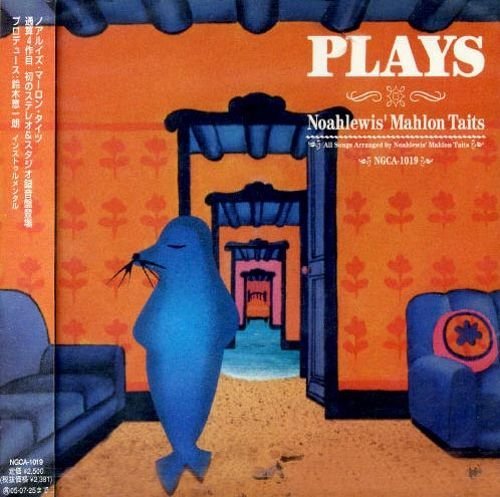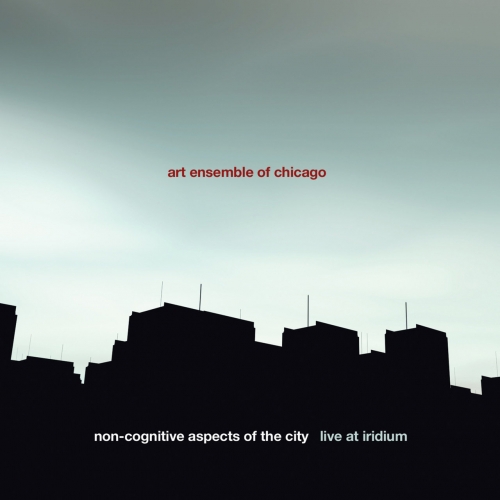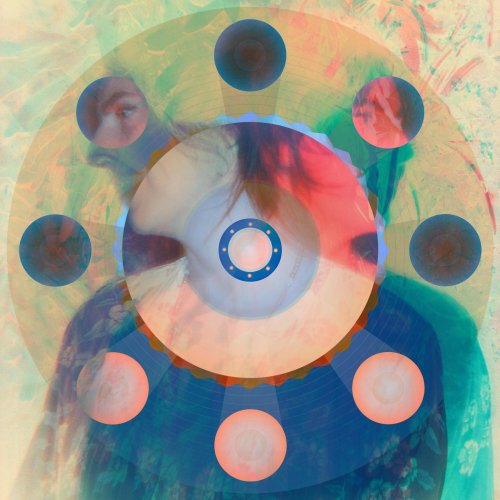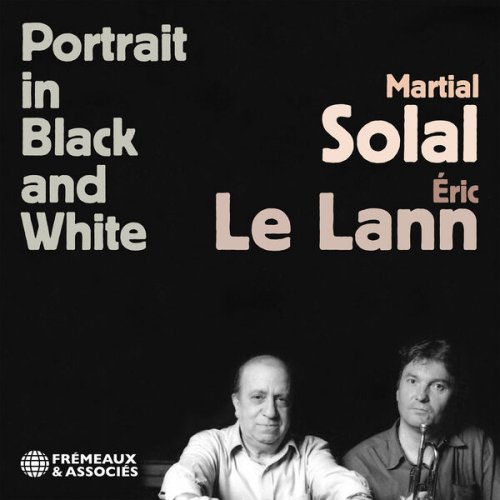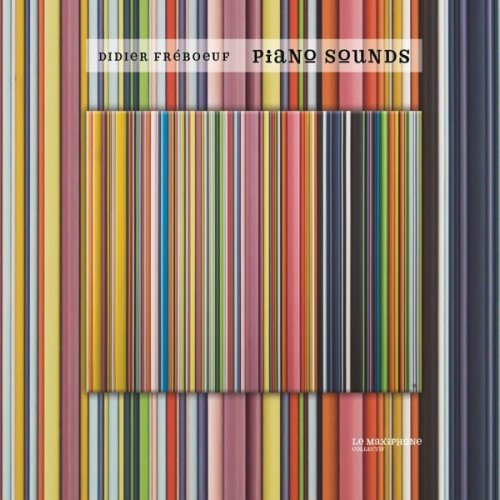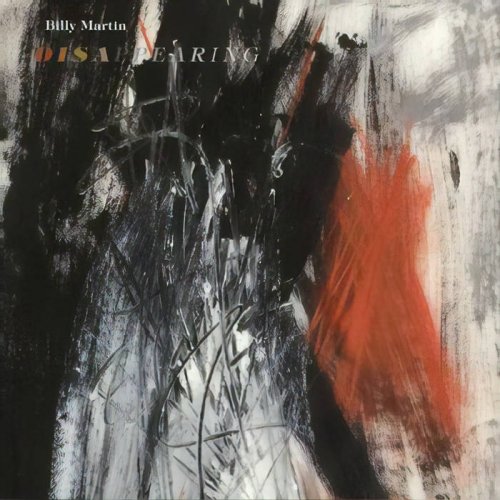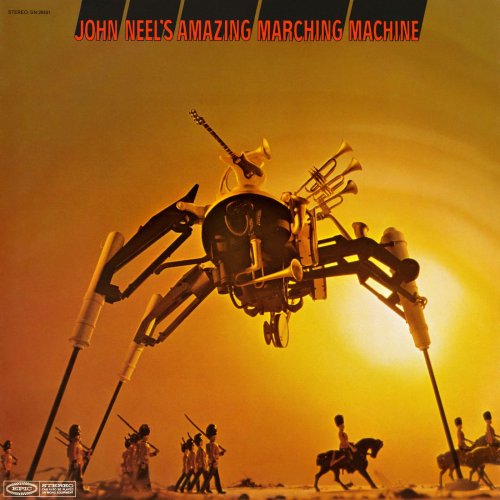Massimo Gabba - August Gottfried Ritter - Complete Organ Music (2014)
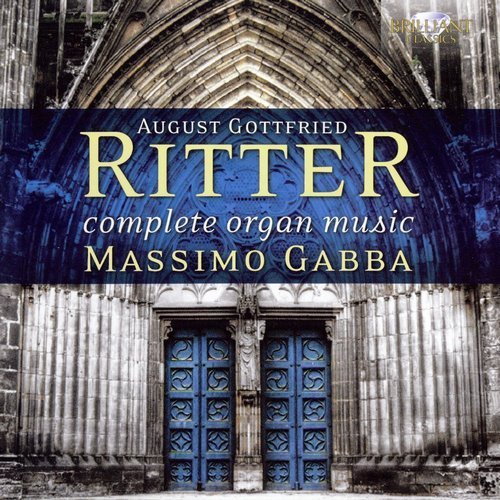
Artist: Massimo Gabba
Title: August Gottfried Ritter - Complete Organ Music
Year Of Release: 2014
Label: Brilliant Classics
Genre: Classical
Quality: FLAC (image+.cue,log,scans)
Total Time: 02:19:26
Total Size: 597 Mb
WebSite: Album Preview
Tracklist: Title: August Gottfried Ritter - Complete Organ Music
Year Of Release: 2014
Label: Brilliant Classics
Genre: Classical
Quality: FLAC (image+.cue,log,scans)
Total Time: 02:19:26
Total Size: 597 Mb
WebSite: Album Preview
August Gottfried Ritter (1811-1885)
CD 1:
[1]-[5] Sonata No.1 in D minor, Op.11
[6]-[8] Sonata No.2 in E minor, Op.19
[9]-[14] Sonata No.3 in A minor, Op.23
[15]-[16] Sonata No.4 in A major, Op.31
CD 2:
[1] Toccata in D minor
[2]-[4] Three Preludes on Chorale Melodies, Op.8
[5] Adagio in A flat major
[6] Nachspiel in C major
[7] Chorale Prelude, Op.38 No.6 - Den die Hirten lobten sehre
[8] Chorale Prelude, Op.38 No.12 - Geh aus, mein Herz, und suche Freud
[9] Fugue in B minor
[10] Chorale Prelude, Op.29 No.1 - Ach bleib mit deiner Gnade
[11] Chorale Prelude, Op.29 No.3 - Auf meinen lieben Gott
[12] Chorale Prelude, Op.29 No.11 - Jesu, meine Zuversicht
[13] Fugue in B major after Handel
[14]-[16] Three Large Chorale Preludes, Op.9
[17] Fugue in C minor
[18] Chorale - Auf, auf, mein Herz, mit Freunden
[19]-[26] Variations, Op.1 Heil dir im Siegerkranz!
Performers:
Massimo Gabba
at the Sandri organ of the Santuario Maria Ausiliatrice, Aprica
August Gottfried Ritter (18111885) is no household name, but to organists he one of the most significant figures in the history of their instrument; while his three-volume method of playing Kunst des Orgelspiels becoming a source of reference in Germany and elsewhere, his Geschichte des Orgelspiels compendium established his renown through bringing to light composers from the Renaissance and the Baroque periods, some of whom had already been forgotten by the time it was published in 1884. Today he is regarded as the founder of the modern German organ school. Placing a selection of rare works alongside his more famous organ music, this collection forms a unique tribute to the German composers genius. The four Organ Sonatas are first to be presented, pieces which are all cyclical in nature, with Op.23 forming his largest composition for organ, a work of vast proportions that was dedicated to Liszt and which includes Ritters debut use of organ toccata form. The second theme of Op.11 recalls the Adagio from the Toccata BWV564, a possible tribute to Bach whose music Ritter studied from an early age, and this baroque influence is expanded on in the second disc, in which the Toccata in D minors use of the stylus phantasticus, the Fugue in C minors treatment of J.S. Bachs Fugue BWV546 and the Fugue in B after Handel are just a few examples of the predilection for all things past that penetrated the Romantic period. The Sandri organ of the Santuario Maria Ausiliatrice in Aprica, Italy, was the instrument of choice for this recording, played with poise and authority by the Italian organist Massimo Gabba, a specialist of the Romantic repertoire. Having recorded several CDs for leading labels such as Tactus, Elegia and Brilliant Classics, Gabbas performances have been widely acclaimed in the Italian and international press (Diapason, Organ Yearbook, Ars Organi etc.). He is currently Professor of Organ and Composition at the G. Tartini Conservatory in Trieste. Other information: Rarely recorded repertoire. Booklet includes liner notes and artist biographies.
